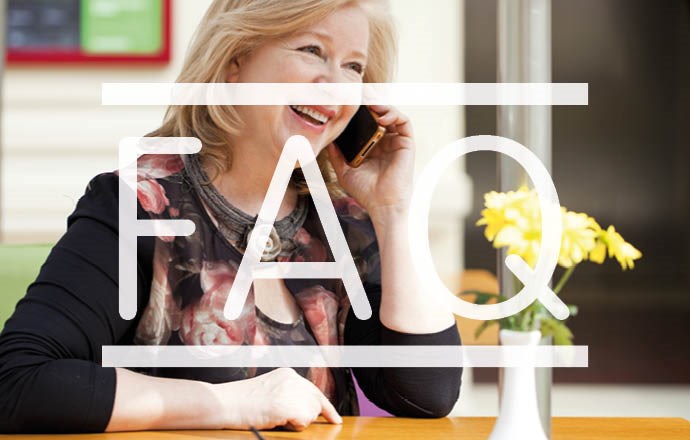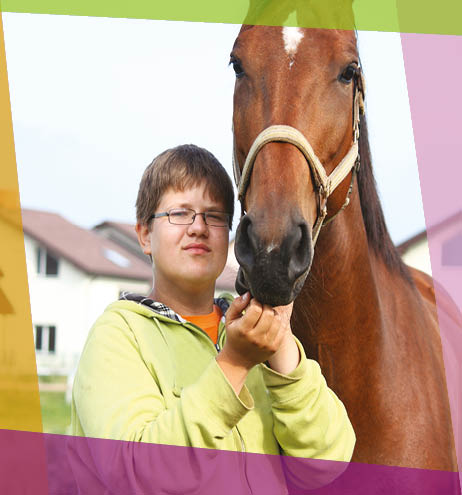Find out more
We understand that choosing the right school for your child is a difficult decision. To support this process we have parent liaison officers available who can offer further support and guidance on how we could be the right school to meet your child’s needs. We encourage you to visit our schools to meet students and staff, as well as find answers to those questions not easily answered.
To initiate the assessment process, local authorities and/or children’s services departments make formal requests for a placement. Parents should involve their local authorities at an early stage. This ensures that visits by local authority educational psychologists or other professionals can be arranged to ascertain the appropriateness of the school for each prospective student.
Referral paperwork made available by local authorities, and supporting documents such as your child's EHCP are read by members of the Senior Leadership Team and if they feel that one of our schools is able to meet the child’s needs, they will be invited to visit the school.
Throughout the admissions procedure, your child is kept at the centre of the process. We believe it is unhelpful for them to see the school before the initial assessment, as it can be a disruption or a disappointment if we ultimately feel that we are unfortunately unable to meet their needs. Sometimes this strategy is changed, however we always work in partnership with the local authority and you to determine the best way forward.
Following the assessment and review of reports, the head teacher is then able to make a decision as to whether their school is the right placement for the prospective student. The majority of students are referred and placed by their local education authorities, often supported by children’s services and their healthcare colleagues.
How are families involved?
The inclusion of families and carers are fundamental to our approach. This starts from the initial assessment process all the way through to the transition to another school, post-16 or into independent or assisted living.
Both our day and residential schools across the UK enable us to help children remain close to their home communities through ongoing contact, reviews and meetings. We understand that entrusting your child's care with someone else may be daunting but we actively engage in initiatives that allow us to support not only your child but your family too.
Some of our schools operate an open door policy for parents, who are welcome to visit at any time; while our therapy and care teams are an important link and are available to offer practical support to parents who may be transferring strategies from school to home.
What do 38-week / 52-week placements mean?
38 and 52-week placements refers to the amount of weeks child is in a residential placement. Children in 38-week placements return home during half terms and holidays, whereas children in 52-week placements reside at the school throughout the year.
What is a waking day curriculum?
A waking day curriculum means that a child is educated across all of their waking hours.
This refers to that fact that a child may need to be educated across all 'waking hours' where a residential placement is necessary.
What are therapeutic services?
Our therapeutic services are designed to help support the positive development of the mental health and emotional, psychological and social development of those in our care, through the understanding of a child's previous experience.
We train all staff to promote consistent good practice across the school environment and advise on how to apply these in a home setting. We also educate all staff, parents and individuals in using specific strategies and approaches, this includes enhanced communication and positive behaviour management.
A multi-discliplinary team including Psychologists, Occupational Therapists and Speech & Language Therapists can provide the appropriate therapy support to reduce the frequency of challenging behaviours and enhance the quality of life for an individual with learning or communication difficulties.
Where to look for Schools if Cambian is not an option?
If we are not able to meet your childs needs, take a look at www.isbi.com for information on other special needs schools, or contact your local SENDIASS (Special Educational Needs and Disabilities Information Advice and Support Services).
Do you take private candidates?
No, we do not take private candidates for individual subjects, qualifications or exams.







